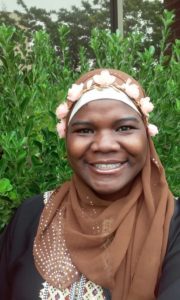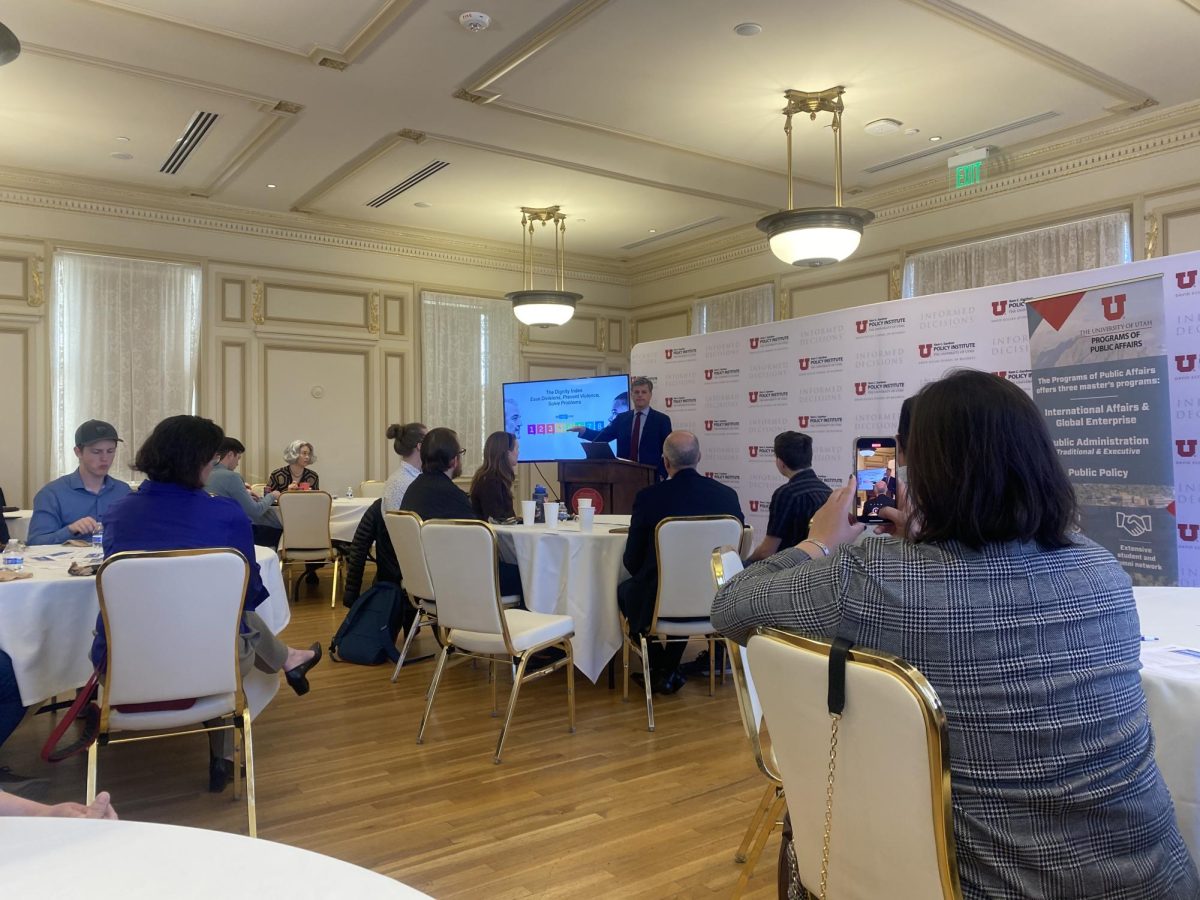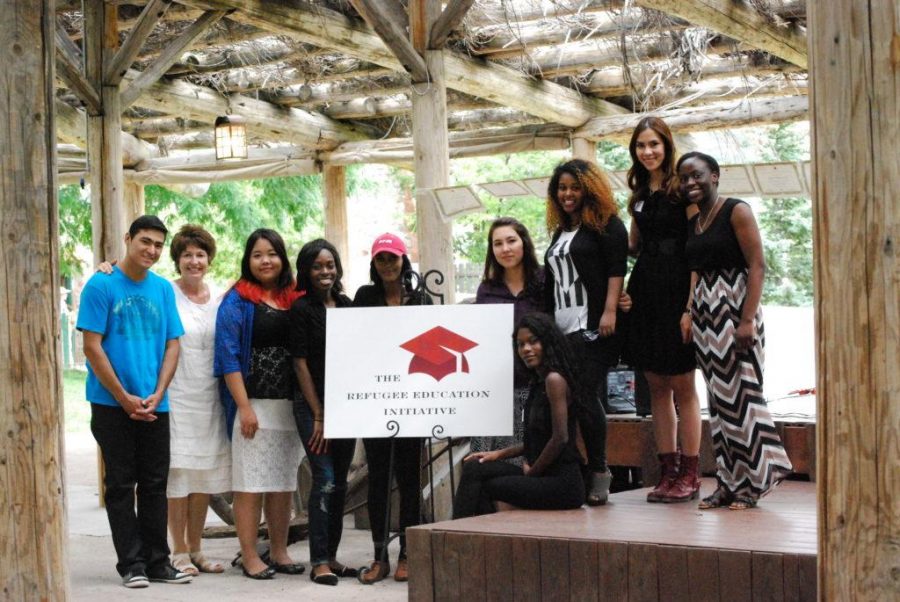Nearly 85,000 refugees legally arrived in the United States in the year 2016 with hopes of being successfully assimilated into society. Fleeing political, economic, or social turmoil, many of these people are ripped away from their homes, cultures and personal histories, and come possessing little more than their names and the clothes on their backs.
The U.S. is a developed country with a culture of consumerism, wealth and opportunity which manifests itself in a way many displaced individuals have never seen before. Once they are settled, the challenges in refugees’ lives take a sharp shift from physical survival to assimilating in an environment where the pressure of success, wealth and stability are much higher.
According to a report by the Department of Workforce Services’ Refugee Services Office, approximately 1,200 refugees are resettled in Utah each year. Nearly 60,000 displaced people have made homes in Utah. A recent documentary on KUED reported that upon arrival, “refugees are greeted by a caseworker, taken to housing, and immediately submerged in fast-paced society far removed from their homeland.”

Being dropped into a world which refugees may know almost nothing about can be a traumatizing experience. Utah, along with nongovernmental organizations, has established programs dedicated to helping these people successfully assimilate. One of the aims of these programs is to help refugee children graduate high school and attend college. The University of Utah works to make college a positive experience for displaced students.
“My family and I arrived in 2004 as refugees,” said Aziza Hussein, a refugee student at the U. “It was tough because we not only had to start over in a different country with no job or money but also had to learn and adapt to whole new culture while battling to learn the language and find our place.”
Since 2009, the majority of arrivals have been Iraqi, Somali, Bhutanese, Karen, Congolese or Chin. There have also been large numbers of Sudanese, Eritrean, Iranian, Burmese, Afghani, Karenni and Cuban refugees.
Beyond the already challenging tasks of obtaining housing, gaining status as a legal immigrant, finding jobs, catching up in the school system and much more, refugees often struggle emotionally. A large number of refugees have witnessed kidnappings, torture, rape and abuse in their homelands. Once in the U.S., many are humiliated and degraded over religion, politics and race.
“Kids made fun of us for the way that we dressed and how we spoke,” Hussein said. “I remember many days coming home from school crying and saying that I never want to go back ever again.”
A study conducted by the Harvard Program in Refugee Trauma found that the prevalence of psychiatric disorders in refugee communities can be up to ten times higher than in non-traumatized populations. To combat this, Utah has made a large number of resources available to displaced individuals, and the U has its own set of measures.
“I love the U and feel like I have discovered myself here and find it very accepting and welcoming to diversity,” Hussein said.
Hussein is one of many refugee students at the U who has been assisted by the Refugee Education Initiative (REI).
“The Refugee Education Initiative is a holistic scholarship program for students with a refugee background,” explained Amy Wylie, the director of REI. “Currently we have nearly 200 students statewide with 90 of them at the U. Our students are hardworking, capable students with an average GPA of 3.2. They are working hard so they can get a degree, gain good employment and give back to their families and our community.”
The program focuses on highly motivated, capable refugee students who are pursuing higher education and, eventually, employment. The students are offered scholarship to help finance their education, tutors, social opportunities, enrollment counseling and more. REI has a goal of helping refugees become valuable contributors to the workplace and the community.
“I have always looked for a place where I belong and before discovering Refugee Education Initiative, I was not able to find such a place,” said Hussein. “To me this program, even though it offers me and other refugee students scholarships, it was always way more than [money]. To me it was a formation of family. I wish that there were more places like what REI offers [because] I would most certainly recommend [them] to other students because we all need and deserve a place where we feel like we can be ourselves no matter what.”
In addition to REI, there are other programs at the U hoping to help refugee students achieve their academic. In 2013, the Center for Science and Math Education established the REFUGES Bridge, which is designed to help refugees and other marginalized students who are interested in the STEM (science, technology, engineering, or mathematics) fields.
According to their website, “The program provides young people with a supportive peer group and a unique summer opportunity to live on campus, attend classes, and jumpstart their college experience.”
Through the U’s Lassonde Entrepreneur Institute, Ujal Ibrahim is working with the Microbusiness Connection Center (MCC) to help refugees start their own businesses. Ibrahim co-developed and teaches business classes to refugees, while MCC provides them with an environment to present their ideas to possible investors and network with other business start-ups.
Other refugee resources at the U include the Office of Diversity, clubs focused on providing support for specific migrant populations, the Center for Research on Migration and Refugee Integration under the College of Social Work and various healthcare initiatives.
Aziza Hussein feels that the U has done a great job to help refugees, but believes that more could be done.
“I personally feel like there is not currently a program that is specifically in place on campus to help support refugees and provide them with resources that would be helpful to them, and most important manifest a space where they can come together and feel supported,” said Hussein. “For the future I would like to see a space created for refugees on campus and I feel like it would not just be refugees who benefit but also the U as a whole and would help [refugees] have an easier time adapting to the U.”













